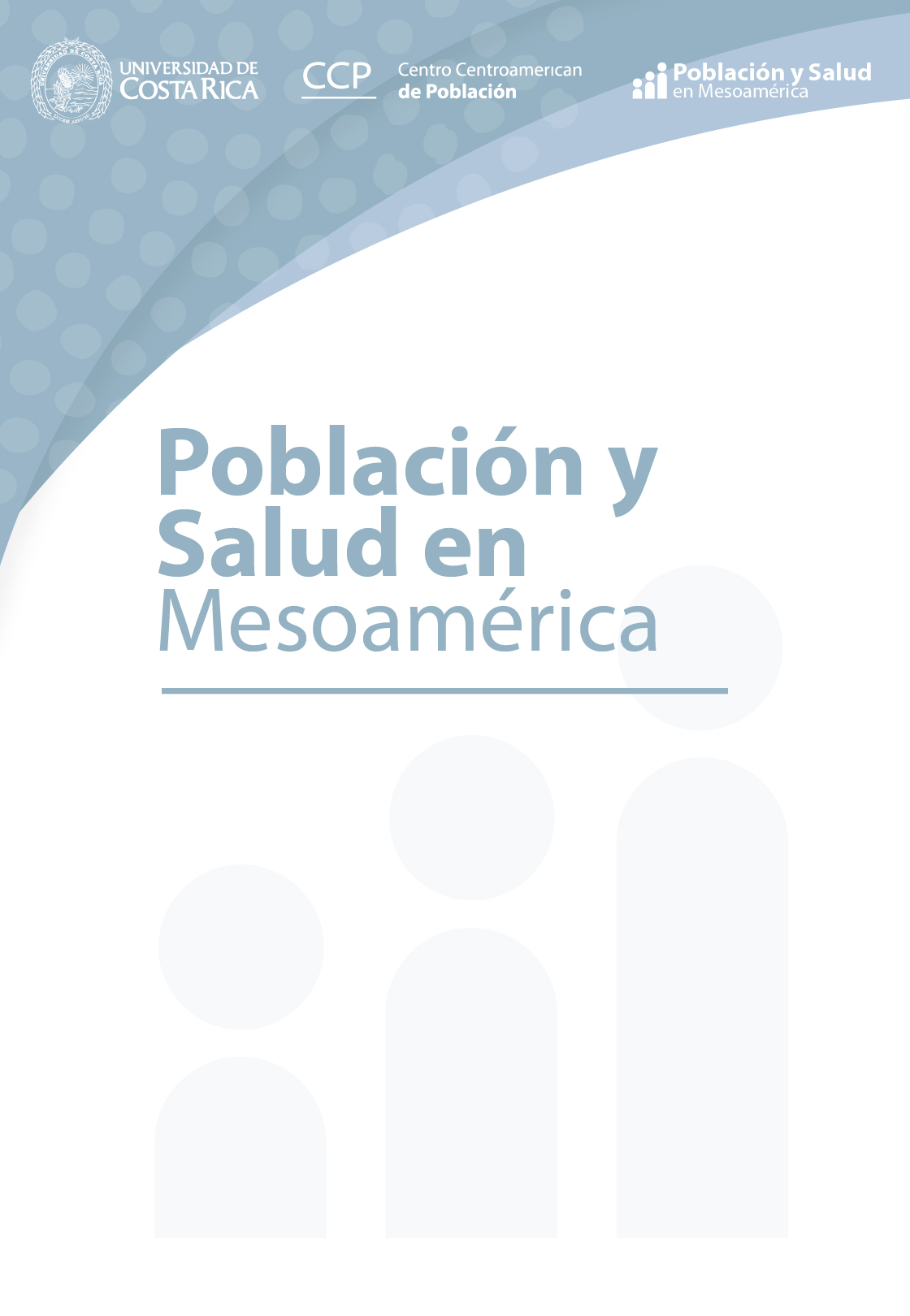Resumen
Introducción: En Costa Rica, la prevalencia de obesidad infantil ha tenido un aumento considerable en los últimos años, por lo que es una prioridad para la salud pública. El objetivo del análisis es evaluar la efectividad del modelo Póngale Vida mediante las variables antropométricas, bioquímicas, preferencias alimentarias y de actividad física de las personas escolares. El modelo Póngale Vida busca promover estilos de vida saludables y prevenir la obesidad infantil en escolares de escuelas primarias públicas. Las estrategias se basan en el modelo ecológico e incluyen educación alimentaria y actividad física en diferentes escenarios (aula, la escuela, la familia y la comunidad) que podrían influenciar el comportamiento de las personas escolares. Metodología: En el 2009, se evaluaron 482 escolares, divididos en una escuela intervenida (N=255) y una escuela control (N=173), sin embargo, la muestra final fue de 287 escolares (n=255 y n=173 respectivamente). Se les evaluó el IMC, pliegue tricipital, perfil lipídico y se aplicó una entrevista al inicio y final de un periodo de 7 meses. Resultados: Hubo una disminución en la escuela intervenida en la media del puntaje Z del IMC/edad (Inicial= 0.54, Final= 0.48) contrario a la escuela control, la cual aumentó (Inicial=0.70, Final=0.85), pese a que la disminución en la primera no fue significativa, la diferencia en la medición final entre la escuela intervenida y control sí fue significativa (P=0.008). En los indicadores bioquímicos, todos muestran niños y niñas, en ambas escuelas, con valores considerados altos que merecen seguimiento posterior. Conclusión: La intervención permite modificar tendencias, por lo cual la escuela sigue siendo un escenario adecuado para la prevención de obesidad infantil, en este caso, Póngale Vida representa una opción para contribuir a cambios de corto y mediano plazo.







